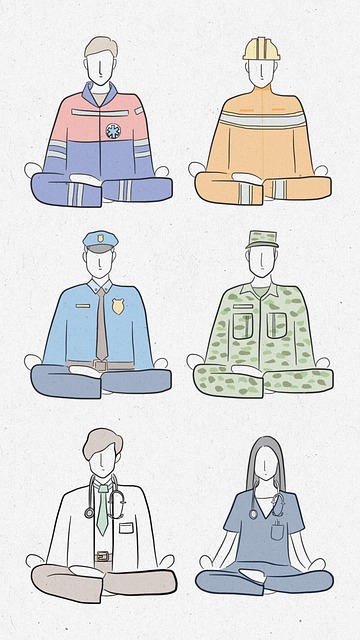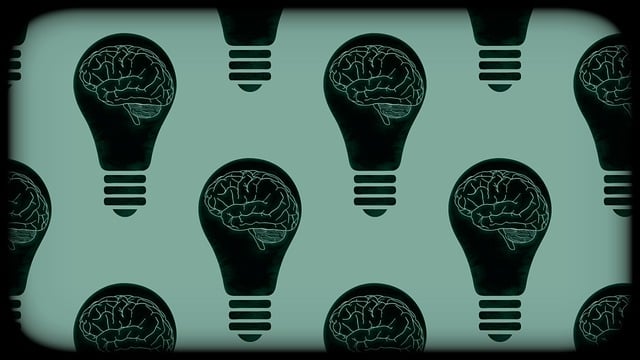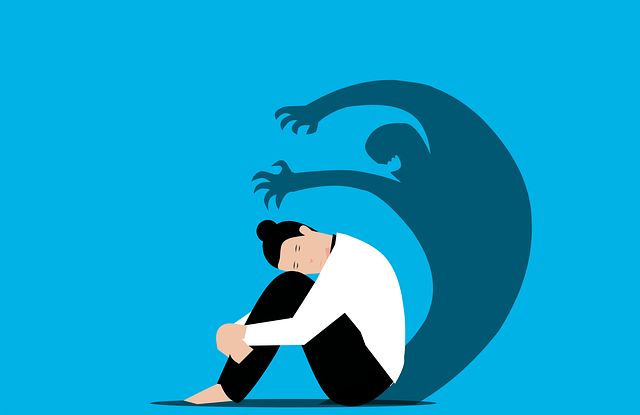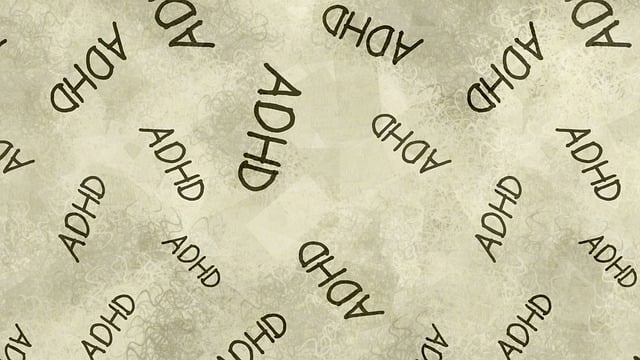Depression among veterans is a pressing issue requiring specialized care. Recognizing unique symptoms like PTSD-related depression is key. Therapy for Veterans, such as Cognitive Behavioral Therapy (CBT), along with mental health education, stigma reduction, and self-care practices (exercise, nutrition, sleep), empower veterans to manage their mental well-being and build resilience against adversity. Tailored therapy and robust self-care routines prove effective in preventing and treating depression in this population.
Depression prevention among veterans is a pressing issue, but with the right strategies, it’s achievable. This comprehensive guide explores key aspects of supporting veteran mental health, focusing on early recognition of depressive symptoms, evidence-based therapeutic approaches tailored for veterans, and proactive lifestyle changes coupled with robust support systems. We also provide an accessible guide to available resources, emphasizing the importance of professional help through therapy for veterans grappling with depression.
- Recognizing the Signs: Understanding Depression in Veterans
- Therapeutic Approaches: Effective Therapy for Veteran's Depression
- Lifestyle Changes and Support Systems: A Proactive Approach to Prevention
- Accessing Resources: Guide to Support Services for Veterans Struggling with Depression
Recognizing the Signs: Understanding Depression in Veterans

Depression among veterans is a pressing issue that requires heightened awareness and tailored support. Recognizing the signs of depression in this demographic is crucial, as they may manifest differently compared to the general population. Veterans often face unique challenges, such as post-traumatic stress disorder (PTSD), which can significantly contribute to emotional distress. The journey towards mental health involves understanding these specific symptoms and providing appropriate therapy for veterans.
Therapy plays a pivotal role in depression prevention and treatment for veterans. Specialized therapeutic approaches, such as cognitive-behavioral therapy (CBT) and trauma-focused care, have proven effective in addressing the complex interplay of mental illness and past traumas. Mental illness stigma reduction efforts are essential in encouraging veterans to seek help without fear of judgment. By promoting emotional regulation skills and providing trauma support services, we can empower veterans to manage their mental health effectively and foster resilience in the face of adversity.
Therapeutic Approaches: Effective Therapy for Veteran's Depression

Depression prevention among veterans is a critical aspect of overall mental health care. Therapeutic approaches play a pivotal role in addressing this challenge, offering effective solutions tailored to veteran populations. Cognitive Behavioral Therapy (CBT), for instance, has proven highly successful in treating depression by helping individuals identify and change negative thought patterns and behaviors. This evidence-based method empowers veterans with tools to manage their mental wellness and maintain mood stability.
Additionally, Mental Health Education Programs Design can significantly contribute to preventing and managing depression. Such programs focus on raising awareness about mental health issues, fostering resilience, and promoting coping strategies. By integrating these educational initiatives into veteran support systems, we can enhance their ability to recognize early warning signs of depression and access available resources for effective mood management.
Lifestyle Changes and Support Systems: A Proactive Approach to Prevention

Depression prevention isn’t just about addressing symptoms; it’s a proactive journey involving significant lifestyle changes and cultivating a robust support system. For veterans, this might mean leveraging specialized therapy for Veterans, such as cognitive-behavioral therapy (CBT), which has proven effective in managing depression by identifying and changing negative thought patterns. Building on this, compassion cultivation practices have gained traction as a powerful tool to enhance emotional resilience and foster inner strength development.
By integrating regular exercise, balanced nutrition, and sufficient sleep into daily routines—a fundamental aspect of confidence boosting—veterans can lay a solid foundation for mental well-being. Additionally, nurturing social connections and joining support groups tailored for veterans offers a sense of belonging and understanding, which is crucial in preventing the isolation that can contribute to depression. These proactive measures empower individuals to take control of their mental health and cultivate a more positive outlook on life.
Accessing Resources: Guide to Support Services for Veterans Struggling with Depression

For veterans struggling with depression, accessing the right support services can be a game-changer. Many organizations offer specialized therapy for veterans tailored to address unique challenges they may face, including post-traumatic stress disorder (PTSD). These services often include individual and group therapy sessions that focus on trauma healing, coping strategies, and self-esteem improvement.
In addition to professional therapy, establishing a robust self-care routine can significantly contribute to mental health wellness. Engaging in mindfulness meditation practices has been shown to reduce symptoms of depression and promote emotional balance. Similarly, developing a structured self-care routine that includes regular exercise, balanced nutrition, and adequate sleep can improve overall well-being. These strategies, combined with access to supportive resources, empower veterans to take proactive steps towards managing their mental health effectively.
Depression prevention among veterans is a multifaceted approach that combines recognizing early signs, accessing appropriate therapy for veterans, adopting proactive lifestyle changes, and leveraging supportive systems. By understanding the unique challenges faced by veterans and utilizing available resources, we can significantly reduce the burden of depression in this population. Effective therapy for veterans plays a crucial role in addressing underlying issues and fostering resilience. Together, these strategies create a robust framework to support veteran well-being and ensure access to the help they deserve.














